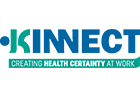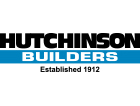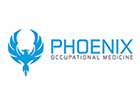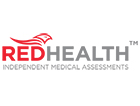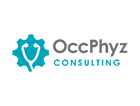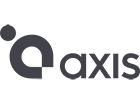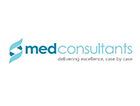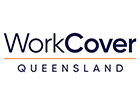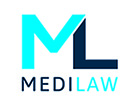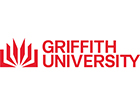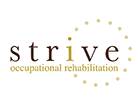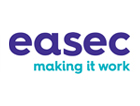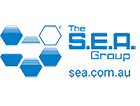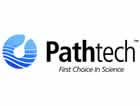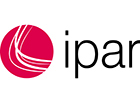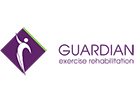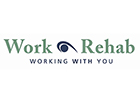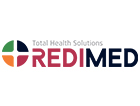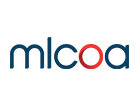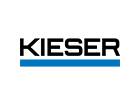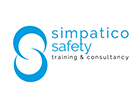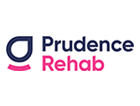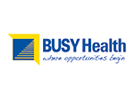Our Work Well Conference returned in 2023.
Over 650 delegates joined us for a jam-packed program full of ground-breaking research and trends in work health and safety and return to work, including:
- AI and safety in the workplace
- Preventing musculoskeletal disorders
- Good work design
- Systems thinking
- Safety capability
- Critical conversations
- Psychosocial risk management
With high profile keynote presenters, the conference provided delegates with new ideas and practical strategies to take back and implement in their workplace. With a full day program, delegates took the learning beyond the podium into the breaks and networking areas where they were able to connect, collaborate and share ideas with other industry professionals.
Event program
| 7.30am | Registration and exhibition open |
|---|---|
| 8.30am | Welcome and Acknowledgement of Country Andrew Barrett, Master of Ceremony |
| 8:40am | Official welcome |
| 8:45am | AI and safety in the workplace: transforming health and safety management Dr Mark van Rijmenam |
| 9.25am | Why do work systems fail? Ten lessons learned about safety and systems failure - Presentation (PDF, 9.53 MB) Associate Professor Gemma Read |
| 10.05am | Morning Tea |
| 10.35am | Safety capability: a new practical concept that moves safety culture forward Naomi Kemp |
| 11.15am | Preventing musculoskeletal disorders and supporting safe return-to-work through good work design - Presentation (PDF, 5.95 MB) Leanne Loch |
| 11.55am | Critical conversations: mastering the art of a difficult conversation - Presentation (PDF, 4.66 MB) Anneli Blundell |
| 12.40pm | Lunch |
| 1.40pm | Translating good work design into practice - Presentation (PDF, 5.01 MB) Dr Lisette Kanse |
| 2.20pm | A case study in implementing a mental health strategy in a large complex organisation Simon Brown-Greaves |
| 3.00pm | Afternoon Tea |
3.30pm | Utilising the working alliance to manage and prevent adverse injury management experiences for people who have a psychological injury Matthew Wall |
| 4.10pm | Understanding WHY: the importance of human factor Natalee Johnston |
| 4.55pm | Closing remarks Andrew Barrett |
| 5-6pm | Networking event |

